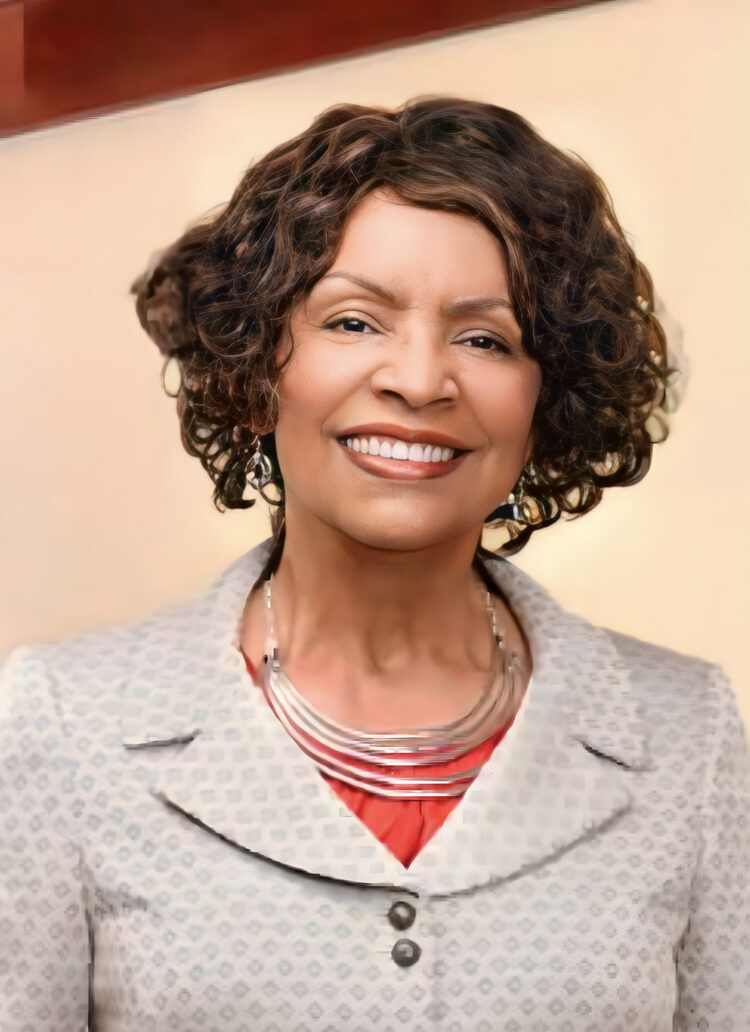
Fannie Gaston-Johansson Faculty of Excellence Program
Short Separator
Honoring the first African-American woman to become a tenured full professor at Johns Hopkins University, Dr. Fannie Gaston-Johansson.
Dr. Fannie Gaston-JohanssonFull Separator
Fannie Gaston-Johansson Faculty of Excellence Program (FGJFEP) Description
The Fannie Gaston-Johansson Faculty of Excellence Program embodied the university’s commitment to a broadly encompassing view of diversity that welcomes people of all backgrounds, experiences, and viewpoints as essential to our mission of research, teaching, and service. The program’s legacy lives on today in the academic excellence of the affiliated faculty, whose scholarship spans medicine, engineering, humanities, data science and more, advancing knowledge for the world. The program is no longer considering new applications.


